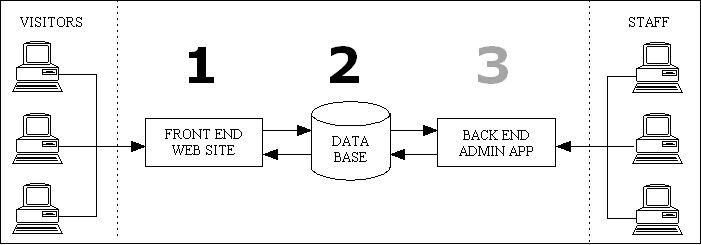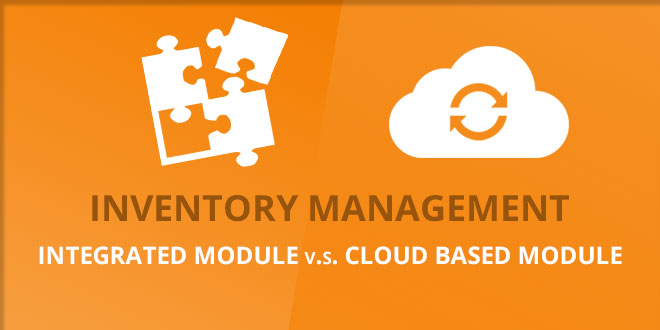Finding a suitable solution for stock control has become an increasing demand for most e-commerce businesses. When it comes to Magento platform, there are two most prominent suggestions that is integrated modules and cloud based modules. Today’s article will take a look over this two inventory management methods so that you can make clear about which would suit your current platform.
What is integrated and cloud based inventory management module?
The main function of an inventory management module is usually stable. It allows you to run, change anything, any factor you want to control your own resources and storehouses ubiquitously via connected devices. However, based on different technologies implemented on Magento websites, the ways to handle your inventory database may vary.
An integrated module is plugged directly into your Magento backend. Therefore, you can check your stock availability, customer orders, providers’ contacts and so on right in backend. Magento integrated modules are usually charged one time for the installation package and a little more for support and upgrades.

Unlike an integrated module, a cloud based (or cloud computing) module synchronizes your resources via a connector extension, and your data will be controlled using services of a third party. Cloud based services are usually billed on monthly or annual bases as a SaaS (Software As A Service) product.
Pros and cons of integrated and cloud based inventory management
Magento Integrated module |
Cloud Based module |
Pros:
|
Pros:
|
Cons:
|
Cons:
|
“Using cloud solutions is like kissing someone you don’t know…”
Neil Reup, founder of Enterprise Cyber-security Architects had such an interesting comparison when he got interviewed by BusinessNewsDaily in October 2013.
This sounds true because you do not know what types of germs they have and whether you will catch something from them. While Cloud Based now is a trend worldwide, Integrated Module seems to be more convenient, flexible, especially highly secured and saving. Every website administrator should clarify your objectives and resources to choose the suitable solution for your Magento Inventory Management.
How about you? Which solution do you prefer for your stores? Or, do you know another solution other than the two I mentioned above?
Come and share with us in the comment box below 🙂





